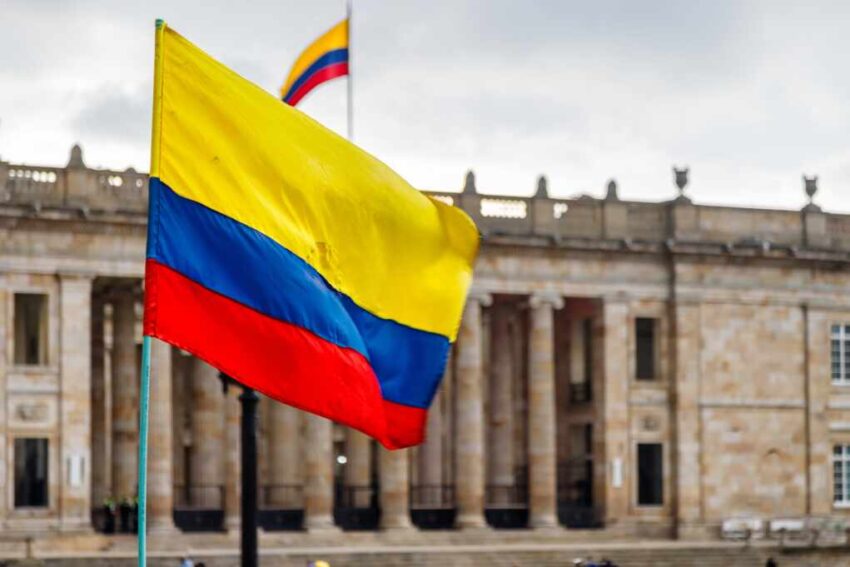Colombia’s decision to join the BRICS-backed New Development Bank marks a sharp pivot in foreign policy, testing relations with Washington and signaling a new era of multipolar alliances.
At a Glance
- Colombia formally became a member of the BRICS-led New Development Bank
- The country pledged $512 million in initial capital after President Petro’s May visit to China
- The move grants Colombia access to low-interest development financing without IMF-style conditions
- U.S. officials have expressed concern over Bogotá’s growing alignment with China
- Colombian leaders insist this is a diversification move, not a break from U.S. ties
BRICS Cash, Fewer Strings Attached
Colombia’s entry into the New Development Bank (NDB) was confirmed in Beijing this week, following months of negotiations. As Reuters reports, the Petro administration committed $512 million toward the bank’s capital structure—a significant sum for a developing economy facing tight fiscal constraints.
The NDB offers an alternative to U.S.-led institutions like the IMF or World Bank, with fewer political or policy strings attached. Colombia hopes to tap this financing for major infrastructure, renewable energy, and healthcare projects—part of Petro’s broader “total peace” economic agenda.
Watch a report: Colombia’s BRICS Pivot Sparks Global Tensions.
U.S. Blowback Rising
The decision comes amid rising friction with Washington. In recent weeks, U.S. trade officials announced new tariffs on select Colombian exports, citing concerns about unfair trade practices and growing economic dependence on China. According to El País, some in Washington see Colombia’s BRICS membership as a direct challenge to U.S. influence in Latin America.
Bogotá insists that its entry into the NDB is about diversifying sources of capital—not abandoning ties with traditional allies. Still, as Reuters notes, this is the first major Latin American economy to make such a move—and it may embolden others.
A Region Watching Closely
Regional analysts warn that Colombia’s example could accelerate a broader Latin American shift toward the BRICS bloc. Brazilian and Argentine leaders have publicly praised the move, while Mexican officials are reportedly studying a similar path.
Meanwhile, U.S.-aligned business groups like AmCham Colombia have warned of potential trade retaliation if Bogotá further integrates with BRICS. A major concern: whether NDB-backed projects will bypass Western financial oversight, undermining U.S.-led anti-money-laundering regimes.
For now, President Petro is touting the benefits—more capital for domestic development, less dependency on Washington. But whether this gamble will bring prosperity or new friction remains to be seen. Either way, Colombia just reshaped the Latin American chessboard
Click this link for the original source of this article.
Author: Editor
This content is courtesy of, and owned and copyrighted by, https://deepstatetribunal.com and its author. This content is made available by use of the public RSS feed offered by the host site and is used for educational purposes only. If you are the author or represent the host site and would like this content removed now and in the future, please contact USSANews.com using the email address in the Contact page found in the website menu.








